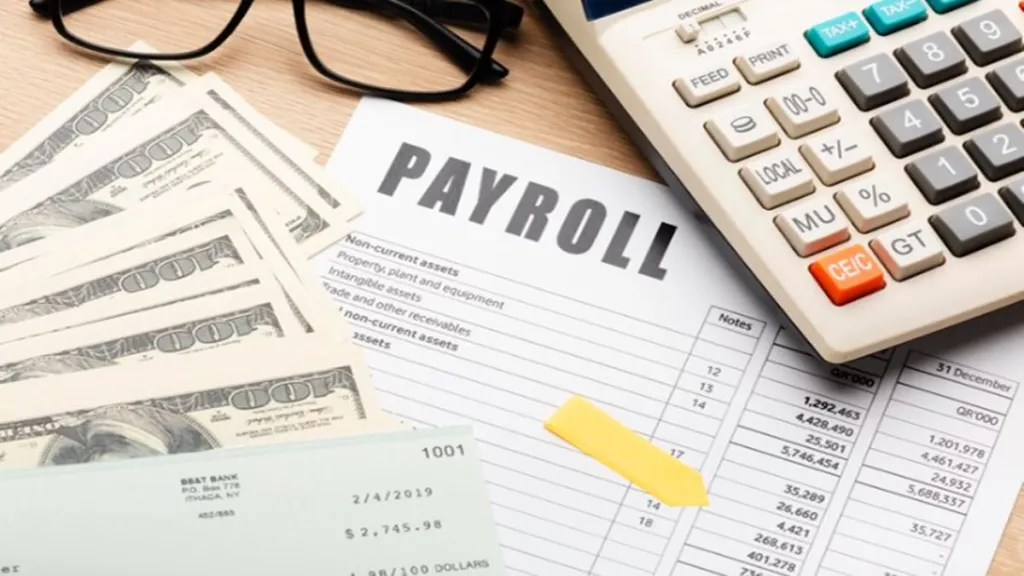After a delay of several months, the Centre has expedited the process to finalise the terms of reference (ToR) of the 8th Pay Commission. According to official sources, the ToR would be notified in a two to three weeks, and the chairman and members of the panel would also be named simultenaously.
The pay/pension revision of the central government staff occurs in every decade, taking into account several factors like economic conditions, purchasing power, consumption pattern and prices.
The Commission may be given at least one year to prepare its report after extensive consultations with the stakeholders, including the central government, public sector enterprises and state governments, among others.
Also read: Central govt employees may get less than 2% DA hike in the next revision – know the reason
Given that the report will come close to mid-2026, the salary/pension revisions would be done retrospectively from January 1, 2026, and arrears would be paid to the employees. The Central Pay Commission (CPC) is set up once a decade.
“There is substantial progress on the ToR and members to be appointed for the 8th CPC. Hopefully, these will be notified in the next 2-3 weeks,” an official said.
Last week, the department of expenditure put out a vacancy circular to fill up 35 posts in the 8th CPC on a deputation basis.
The 7th CPC was formed February 28, 2014. It was chaired by Justice Ashok Kumar Mathur and given a time period of 18 months to submit its report.
The 7th CPC, which was implemented on January 1, 2016, awarded an increase of 23.55% in the pay (salary and allowances) of central government employees and a similar increase in pensions. The additional payout was estimated to be Rs 1.02 lakh crore in FY17 or 0.65% of GDP, making it difficult for the government to reduce the fiscal deficit from 3.9% in FY16 to 3.5% of GDP in FY17.
While pay panel-induced salary hikes could give a massive boost to consumption, its recommendations also put a huge burden on the state governments, PSUs and central universities, which take their cue from the commissions and undertake similar pay revisions.
The potential impact of the award related to the 8th CPC would likely be built into the new medium-term fiscal consolidation path as well as the 16th Finance Commission’s recommendations. The 16th Finance Commission would give its award for devolution of central taxes and grants to states for five years beginning FY27.
Around 5 million central government employees, including defence personnel, will benefit from the 8th pay panel award. Approximately 6.5 million pensioners, including defence persons, will also see an uptick in their pensions.
Millions of employees in states and UTS will also benefit, as typically, state government employees see their salaries increased with the CPC award.
The 7th pay commission had proposed a new pay matrix, replacing the existing pay bands and grade pay, for the Centre’s 5 million employees and 5.4 million pensioners, with a monthly starting pay, inclusive of dearness allowance (DA), of Rs 18,000/month and apex pay of Rs 2.5 lakh.
This was in comparison to extant starting pay is Rs 7,000/month and the highest pay of Rs 90,000 (fixed) excluding the DA, which was 119% then. It also retained the annual increment of 3% and recommended a fitment factor of 2.57%, which will be applied uniformly.
The 8th CPC may also have to estimate a similar fitment factor taking into account the movement of CPI inflation during the intervening period.
For example, the growth in the Centre’s revenue expenditure in 2016-17 (first year of 7th CPC award) was 9.9% as against 4.8% in the previous year. Such an increase in 2026-27 would also have implications for the available fiscal space for growth of the Centre’s capital expenditures.

